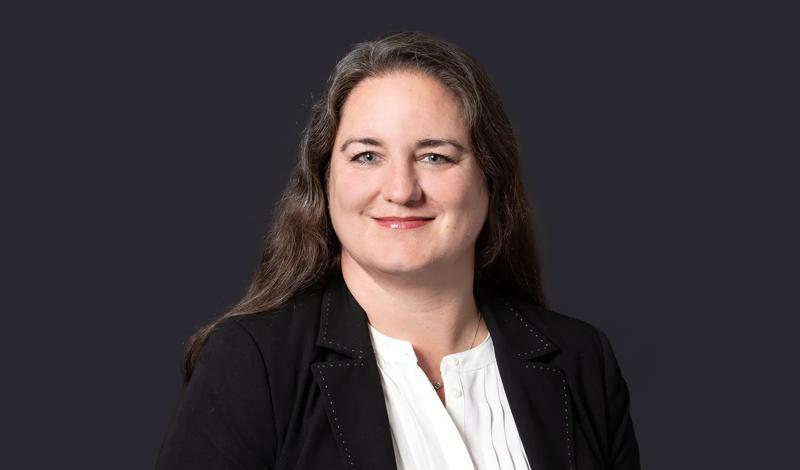School not liable for reckless actions of a student
The decision reinforces that the standard of the duty of care owed by schools is one or reasonableness.
The recent dismissal of a claim brought against Danes Educational Trust following a liability trial before Her Honour Judge Bloom reinforces that the standard of the duty of care owed by schools is one or reasonableness and not a guarantee that no incident will occur on school premises.
The claimant, a sixth form student, suffered a significant injury following a very unfortunate incident while climbing over locked school gates on the morning of the last school day of the year. It was alleged the school was in breach of the duty owed under the Occupiers Liability Act 1957 to take reasonable care to ensure the reasonable safety of visitors, on the basis that, (i) there was an expectation the gate in question would be unlocked and open from 7am, (ii) there was a lack of supervision on site prior to the school day starting, (iii) there was no risk assessment relating to the gates and (iv) there was a failure to warn of the dangers posed by the gates.
The court considered each allegation and found there were no deficiencies in either the premises or school’s procedures:
- The school gates were of a standard design with anti-climb spikes fitted on top for security. Although the gate the claimant climbed was locked at the time of the accident other gates into the school were unlocked and students had already entered the school using another gate approximately 100m away.
- Whilst it was accepted there can be a duty to supervise students arriving at school, sixth form students do not require the same level of supervision as 11 year olds and in this case there had been detailed guidance given to students to enable them to take responsibility for the activities on their last day. It was right that they should be allowed to get on with their preparations without constant scrutiny by a member of staff.
- It was not foreseeable the claimant would attempt to climb the gate – there was no evidence it had happened previously and the gate could not be considered an allurement. So whilst there was no risk assessment that dealt specifically with the risk of students climbing the gate, in the absence of a reasonable expectation the claimant would climb the gate, a risk assessment was not critical.
- There was no duty to warn of the risk of climbing the gates in circumstances where the hazard was obvious and there was in any event reasonable alternative access available.
The court concluded that there was no breach of the common law duty of care and that, at the time of the accident, the claimant could not be considered a lawful visitor for the purposes of the Occupiers Liability Act 1957. The claimant had limited permission to enter the premises, but that did not extend to being permitted to climb the gate and therefore any duty of care owed was the lesser duty under the Occupiers liability Act 1984. There was no reasonable foresight that the claimant would suffer injury in the manner in which she did and therefore no liability on the school - the claimant had made a foolish error that could not be foreseen and the school was not liable for her actions.
Schools can take comfort from the decision, which emphasises that the courts will be slow to impose an unreasonably high burden and that there is not a duty to warn of an obvious risk. Schools are not expected to be a risk-free environment and all factors will be taken into account when considering reasonable levels of supervision and a need to risk assess, to include a student’s age and maturity.
Browne Jacobson’s liability litigation team represented the defendant Trust in the case and frequently advises academy trusts and maintained schools following accidents on school premises.
Contact

Katherine Langley
Senior Associate
katherine.langley@brownejacobson.com
+44 (0)115 934 2038





































